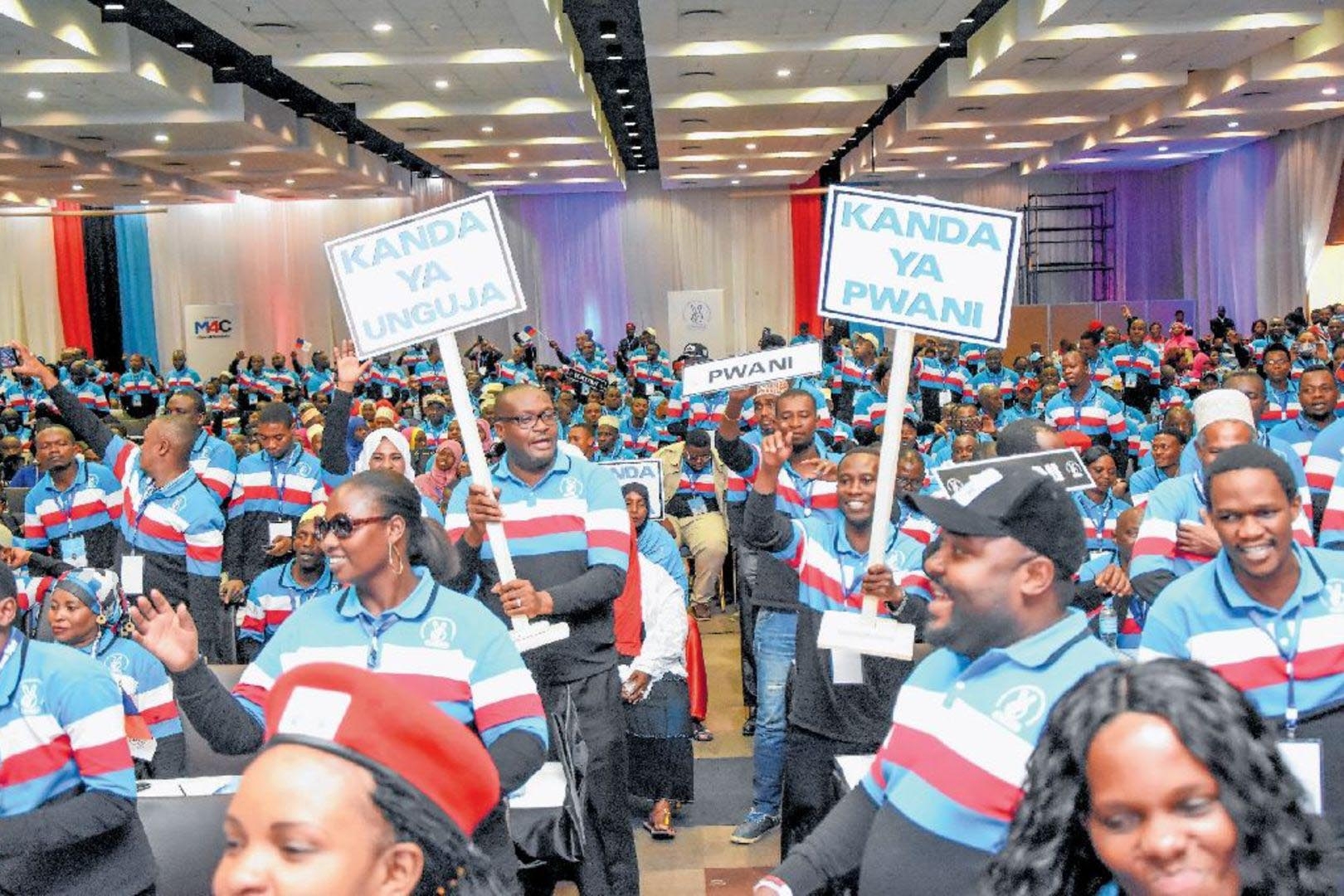Ewura lowers power tariff by meagre 2.2pc

What you need to know:
- The fall becomes effective March 1, Energy and Water Utilities Regulatory Authority (Ewura) said yesterday. Ewura director general Felix Ngamlagosi said in their study carried out last year it was found necessary to reduce the tariffs by 2.21 per cent because Tanesco had enjoyed unplanned income of Sh33 billion following changes in the cost structure accrued from inflation, oil prices and the shilling value.
Dar es Salaam. Power tariffs have been reduced by 2.21 per cent for Tanzania Electric Supply Company (Tanesco) customers who consume more than 75 units a month.
The fall becomes effective March 1, Energy and Water Utilities Regulatory Authority (Ewura) said yesterday. Ewura director general Felix Ngamlagosi said in their study carried out last year it was found necessary to reduce the tariffs by 2.21 per cent because Tanesco had enjoyed unplanned income of Sh33 billion following changes in the cost structure accrued from inflation, oil prices and the shilling value.
According to him, the changes in Tanesco running costs include fuel costs at the value of Sh57.2 billion, the decline in the shilling value that results in unplanned revenue of Sh6.7 billion and inflation that has resulted in Sh17.4 billion spending.
“According to our calculations all the three factors have made Tanesco reduce spending on running costs at the value of Sh33 billion. In line with our formula for fixing power tariffs we have decided to reduce electricity prices by 2.21 per cent,” he said. He said under the study carried out between September 2014 and January 2015, they instituted four tariff categories for Tanesco customers, including the ordinary ones who consume more than 75 units a month.
The second category is for customers consuming 400 volts, who will enjoy a tariff reduction of five shillings per unit — from Sh205 to Sh200 per unit.
The third category include those who will enjoy a reduction of four shillings per unit, which is a fall from Sh163 to Sh159 per unit.
The fourth category include those who will enjoy a reduction from Sh159 to Sh156 per unit.
“The last category will include big industrial consumers of electricity and Zanzibar customers.” Customers consuming 75 units or less than that will not enjoy a tariff reduction because already they have been subsidised by higher consumers, notes Ewura .
Moreover, Mr Ngamlagosi said according to operating regulations on tariff changes, Ewura would be reviewing the power tariff structure quarterly with effect from April this year.
Responding to questions on whether the power tariffs will be reviewed when the gas-powered plants at Kinyerezi start operation, he said they would conduct a study for further reduction in power tariffs by next year.
“As soon as the government closes all emergency power plants in this financial year, we will conduct another study for reviewing the power tariff structure in 2016. Power tariffs are expected to decline because of the switchover from expensive thermal power plants to cheaper gas-powered plants,” said Mr Ngamlagosi.
Ewura acting electricity director Godfrey Chibulunje told The Citizen: “Ewura’s decision to reduce power tariffs in this case will not be reversed by any authority. Ewura has been mandated by all stakeholders to review power tariffs quarterly.”
The Ewura director of regulatory economics, Mr Msafiri Mtepa, said the formula for reviewing the power tariff structure was derived from a study conducted by Ewura consultant, AF Mercados of Spain, between 2012 and 2013, which has been endorsed by stakeholders. Major factors that will be used to calculate the new tariff structure under the set formula include energy costs, national currency value and inflation, according to him.



